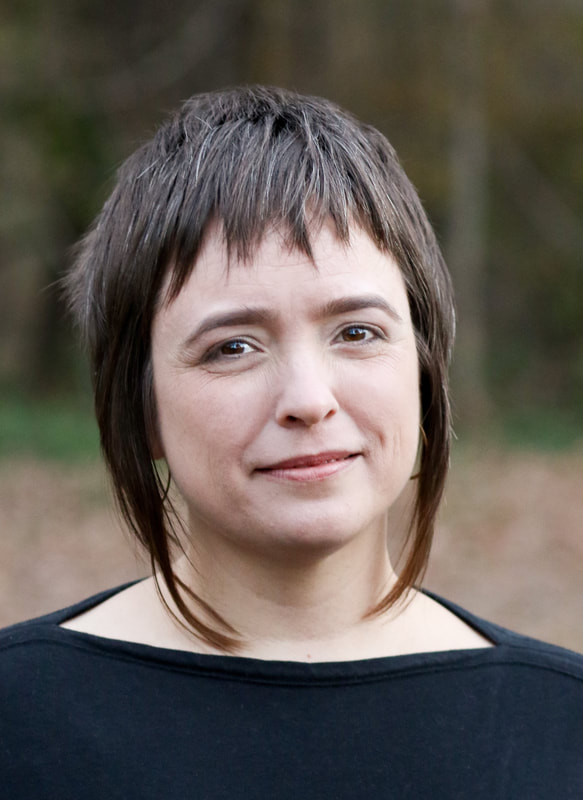“This resonant, strange, vaulting roof”:
Contemporary Sonnets Beyond Iambic Pentameter
Contemporary Sonnets Beyond Iambic Pentameter
When poets speak of “breaking” the form of the sonnet, which some do fairly often of late, one implication is that the form is inflexible and, thus, brittle; or that it is inherently problematic and, to be relevant, must be changed nearly beyond recognition. The phrase also connotes a violence that can read as gendered: to break a form can be to break a vessel. Of course, radical alterations to the sonnet have resulted in excellent, and essential, poems. But several contemporary poets, rather than attempting to break the vessel, instead employ less-than-usual materials for its construction—particularly, meters other than iambic pentameter. These materials can in turn lend themselves to exploring new and needed subject matter: addressing issues of race and gender; carrying on and expanding traditions of storytelling. In “Doppelgangbanger,” the title poem to his forthcoming collection, Cortney Lamar Charleston uses seven-beat lines of often falling meter to evoke a teenager’s rebellion against received ideas about how black men should be in the world, and a mother’s concern for her son’s safety. Annie Finch’s noniambic sonnets and sonnetlike poems—not to mention her extensive scholarship on meter—open new possibilities for expressing women’s power and vulnerabilities. Chad Abushanab’s ballad sonnets use iambic tetrameter and abab quatrains to tell brief, piercing stories, summed up with a final, just-shy-of-heroic couplet—a couplet for an age of antiheroes. Work by these poets and others stands as an invitation to make more use of the vast possibilities for metrical experimentation within the sonnet form.
A handout noting additional examples of past and contemporary non–IP sonnets will be offered along with this talk.
A handout noting additional examples of past and contemporary non–IP sonnets will be offered along with this talk.
Anna Lena Phillips Bell is the author of Ornament, winner of the Vassar Miller Poetry Prize, and the chapbook Smaller Songs, from St. Brigid Press. Her poems appear in 32 Poems, the Southern Review, Subtropics, and Five Points. She teaches at UNC Wilmington, where she is the editor of Ecotone.
